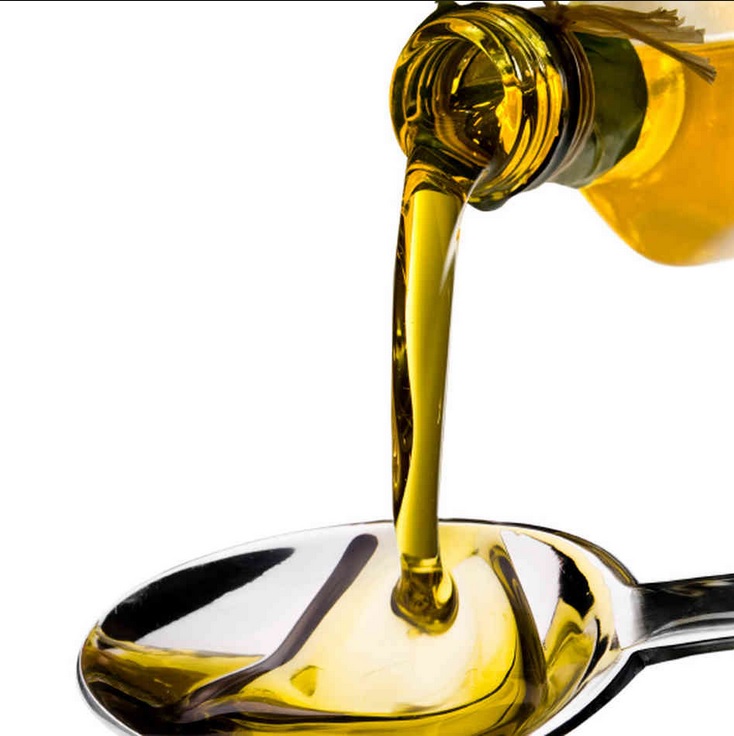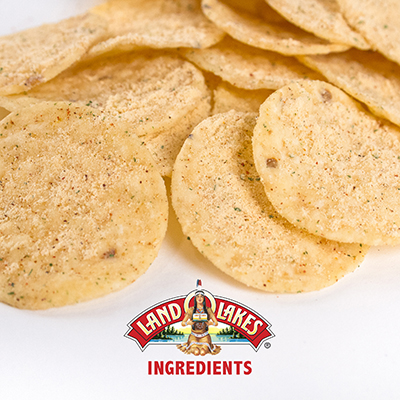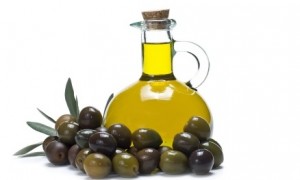 How to Choose the Best Extra-Virgin Olive Oil
How to Choose the Best Extra-Virgin Olive Oil
Do you want to eat healthy or just follow the lead of your taste-buds? People can’t stop talking about extra-virgin olive oil because it’s one of the few foods that doesn’t force you to make that choice. However, with so many varieties on the market, it can be difficult to know which kind is right for you. Learning a little bit about extra-virgin olive oil will go a long way to helping you make the right decision.
Extra-Virgin Olive Oil Is Extra Good for You..
Extra-virgin olive oil is a staple of the now-trendy Mediterranean diet. This diet is increasingly popular—think of the current rage for healthy and delicious Greek yogurt—because of the paradox that lies at its heart: people eating a rich diet high in fat have low rates of cardiovascular disease and obesity. While the jury is still out on exactly why this is, science suspects it’s partly due to the unique nutritional profile of extra-virgin olive oil. Unlike lower quality vegetable oils, extra-virgin olive oil boasts higher percentages of monounsaturated fat and HDL, that is, the “good” kind of fat and cholesterol, along with all sorts of other benefits ranging from its natural anti-inflammatory properties to high concentrations of Omega-3 fatty acids. It’s also delicious. More on that later.
..But All Olive Oils Aren’t the Same
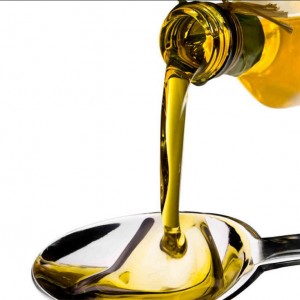 There are a lot of different olive oils on the market and choosing one can be intimidating if you’re not sure what to look for. As a high-quality product with subtle differences in flavor, extra-virgin olive oil has as much variation as wines and for similar reasons. This is true not just among countries but among regions within countries. Like wine, both the type of olive (Kalamata, for example) and its “terroir”—the complex way the interaction regional climate and geology affects plants— play important roles. There is even a growing class of experts on olive oil becoming as sophisticated as those on wine. Luckily, it’s not that hard to choose a good extra-virgin olive oil. The most important things you need to know are:
There are a lot of different olive oils on the market and choosing one can be intimidating if you’re not sure what to look for. As a high-quality product with subtle differences in flavor, extra-virgin olive oil has as much variation as wines and for similar reasons. This is true not just among countries but among regions within countries. Like wine, both the type of olive (Kalamata, for example) and its “terroir”—the complex way the interaction regional climate and geology affects plants— play important roles. There is even a growing class of experts on olive oil becoming as sophisticated as those on wine. Luckily, it’s not that hard to choose a good extra-virgin olive oil. The most important things you need to know are:
- How is it produced?
- Where is it produced?
- What’s it taste and smell like?
The How
Extra-virgin oil comes from the first pressing of the olives. They are always cold pressed, meaning no heat or chemicals are used to extract the final product. There are no additives or preservatives, either. It’s a completely organic, traditional method that, in the case of the Greece, goes back 4,500 years! The result? A tastier, unadulterated oil that loses none of its natural flavor or aroma. Virgin olive oil comes from the second pressing and is of a lower quality, both in terms of flavor and nutrition. Lower quality oil might have its uses, but there’s no reason you shouldn’t have the best.
The Where
The biggest producers of extra-virgin olive oil have similar climates that hug the coast of the Mediterranean Sea. The top three producers are Spain (38%), Italy (20%) and Greece (16%). However, if you are thinking about buying an extra-virgin olive oil, another statistic is even more important. Out of all olive oil produced per country, the highest quality extra-virgin oil is only a fraction of total production. For example, 80% of all olive oil produced in Greece is extra-virgin, while only 50% of Italian production and only 30% of Spanish production is of similar quality. This means that if you are looking for the superior flavor and health benefits of an extra-virgin olive oil, the Greek variety is the best bet.
Like any product whose value is based on purity and location, the extra-virgin olive oil market has seen its share of fraud. Many products claiming to be extra-virgin are in fact adulterated and blends of high and low quality oils. Big brands like Bertolli have been caused scandals when reporters found that most of the oil in this “Italian” brand comes from cheap sources in Spain, North Africa and the Middle East. Just because it says “extra-virgin” on the bottle, it might not be the real thing.
The Taste
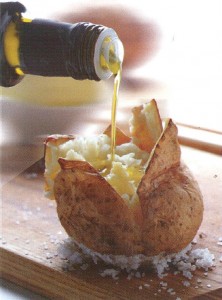 This is the best part. Real extra-virgin olive oil has a distinct flavor, spiciness and aroma. Experts describe it as having a peppery kick that can tickle the back of the throat as well as delight the tongue. It’s also got a hint of pleasant bitterness reminiscent of the olive itself. While not overpowering, it’s not the smooth, bland version many people are used to. Sadly, many people think that extra-virgin olive oil is bland because they have been misled by less than honest companies.
This is the best part. Real extra-virgin olive oil has a distinct flavor, spiciness and aroma. Experts describe it as having a peppery kick that can tickle the back of the throat as well as delight the tongue. It’s also got a hint of pleasant bitterness reminiscent of the olive itself. While not overpowering, it’s not the smooth, bland version many people are used to. Sadly, many people think that extra-virgin olive oil is bland because they have been misled by less than honest companies.
Don’t forget, extra-virgin olive oil is popular in the Mediterranean not just as cooking oil, but as a topping for bread and other snacks. In these cases, bland just doesn’t cut it. Likewise, the smell of good extra-virgin oil resembles freshly mown grass. Once you know how to spot the difference between real extra-virgin and an imposter, you can begin the real fun of testing out what regional varieties. You will soon learn that there’s as much to a fine oil as a fine wine. Of course, if you simply want to reap the many health benefits and find the taste a delicious bonus, you can keep it simple. But whatever you do, make sure you keep it extra-virgin.
Chelsea Fuchs, MS, RD, CDN is a registered dietitian with a Master of Science degree in nutrition from Columbia University. She currently works in the public relations industry, providing strategic nutrition communications counsel to food and nutrition clients. Prior to her work in public relations, Chelsea served as the associate editor for Joy Bauer, nutrition and health expert for the NBC Today Show.
Connect with Chelsea on LinkedIn.



